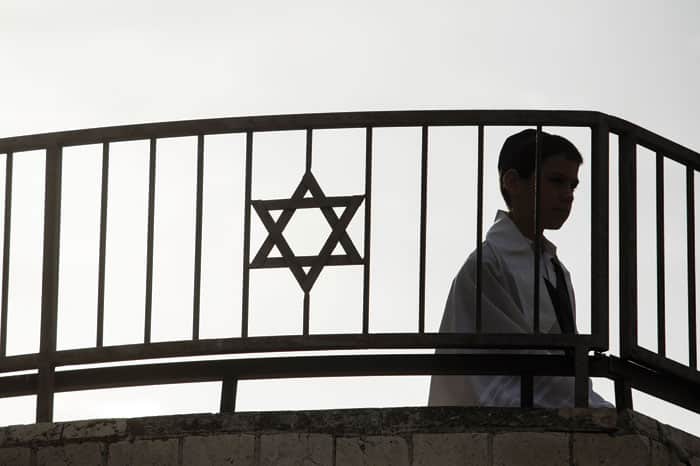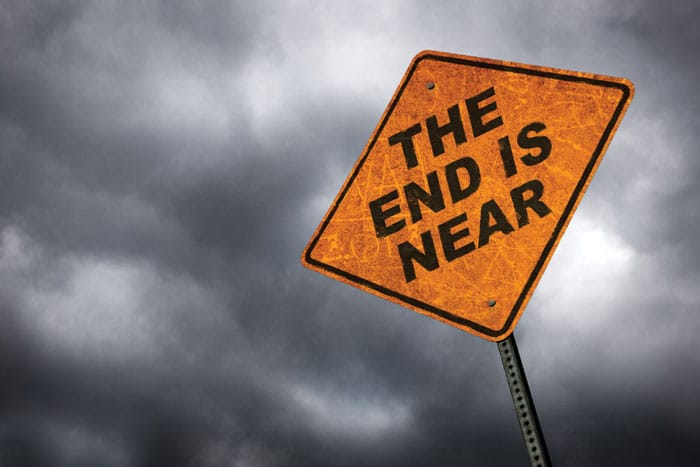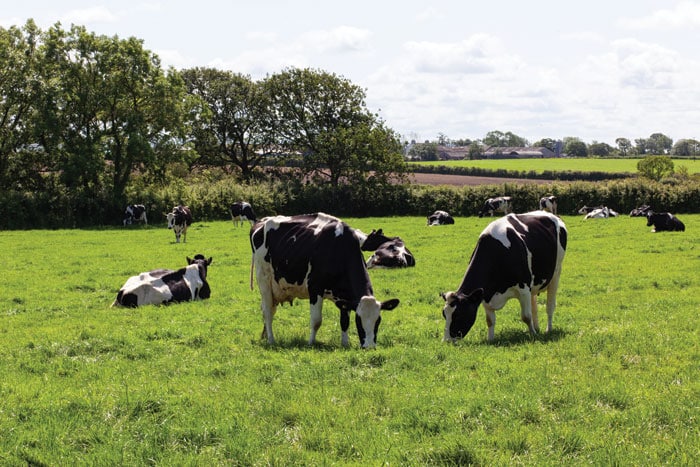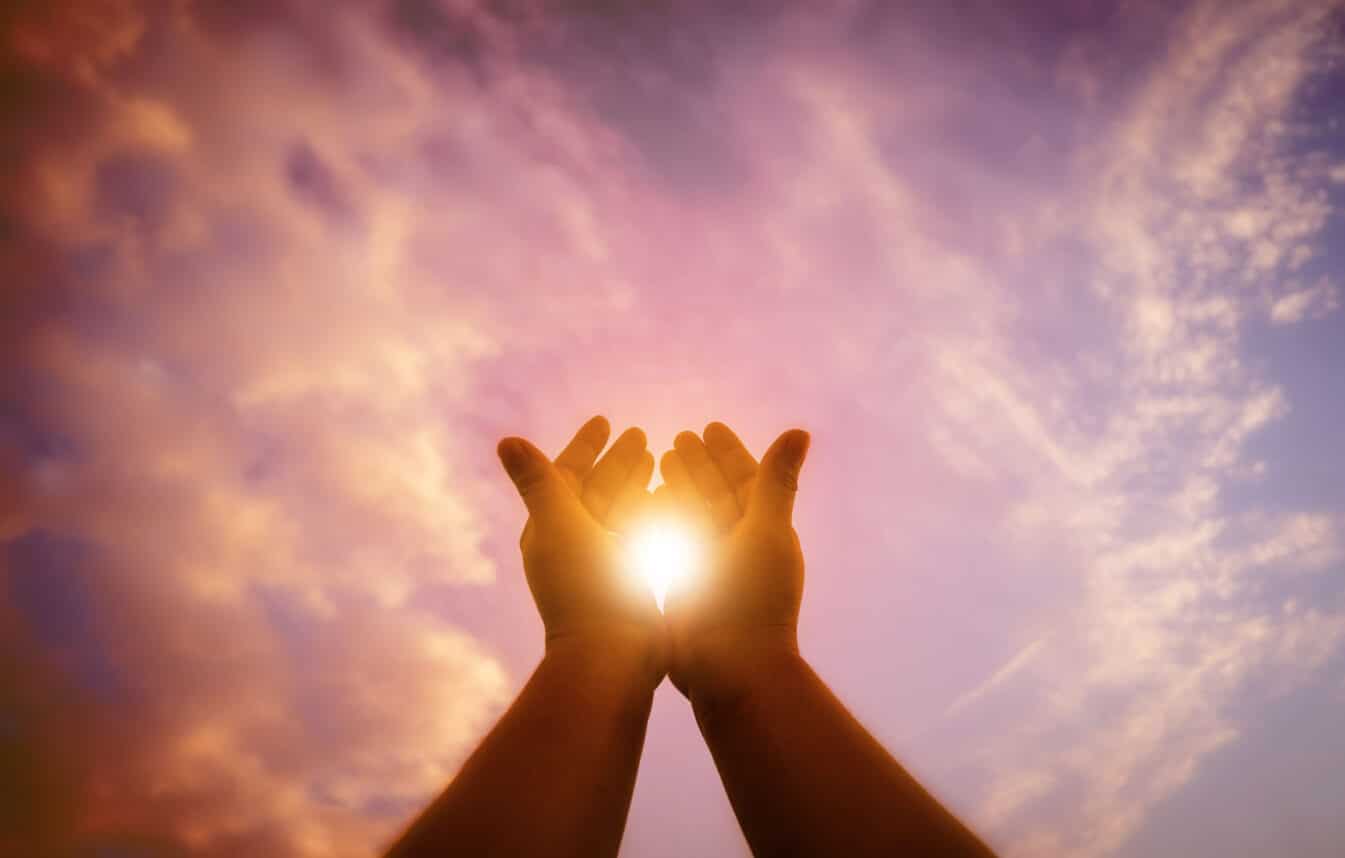
Jerusalem and Tel Aviv
One city is holy and the other profane. One city is gold and the other is silver.

Matthew Schultz is the author of the essay collection “What Came Before” (2020). He is a rabbinical student at Hebrew College in Newton, Massachusetts.

One city is holy and the other profane. One city is gold and the other is silver.

Lest this victory be a pyrrhic one, the opposition should immediately reach out to the government and start working on a version of judicial reform that both sides can count as a win.

Artificial Intelligence is a tool created by humans for humans. There is nothing inevitable about it.

Quite simply, it is joyful to wave a flag — joyful also to feel love, and not shame, about one’s country.

May we find a way to survive these interesting times together, standing steady in the troubled river of history, and playing our roles with integrity.

“There are always people saying that the end of days is upon us and that the messiah is about to come. But they’re always wrong.”

Those who claim to care about marginalized voices have nothing to say about those who have no voice at all.

And so we have a difficulty—our prayers have been answered, but it doesn’t look or feel the way we imagined that it would.

We are encouraged to applaud those who flee their Jewishness, and rarely do we get to see those who cherish it, grapple with it, and live it deeply.

 More news and opinions than at a Shabbat dinner, right in your inbox.
More news and opinions than at a Shabbat dinner, right in your inbox.